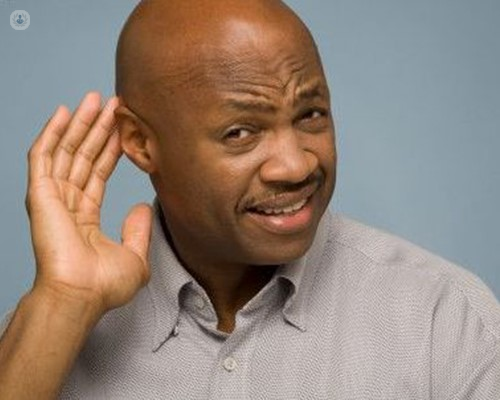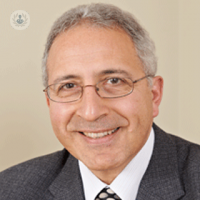Why do my ears feel blocked?
Written by:Do your ears sometimes feel blocked? Does it feel like you have your finger in your ear and you can’t hear anything? Can you sometimes hear your own voice in your head? When flying, do your ears hurt during landing? Do you feel deafness, pressure in the ears, or tinnitus? All of these symptoms could point to a problem with your Eustachian Tube (ET).

What is the Eustachian tube?
The eustachian tube is the tube that connects the ears to the back of the nose. There is one tube per ear, and the role of the tube is to keep the middle ear ventilated. The tube serves to keep the middle ear at the same pressure at all times, even when the outside pressure changes. When you fly or when you dive underwater, the tube serves to keep the pressure at the same level within the ear.
Even when there is no change in pressure, the eustachian tube replaces the air in the middle ear that is naturally absorbed.
The gentle popping sound we hear when we yawn or swallow is the opening of the eustachian tube.
What problems can happen with the eustachian tube?
If the eustachian tube doesn’t work properly, the middle ear will suffer. Once the air in the middle ear is absorbed and not replaced, it will begin to fill with fluid or infection.
Sometimes this happens during a cold or sinusitis, but this usually clears up after a short period. Hay fever can also have the same effect. There can also be no apparent cause to problems with the eustachian tube.
How are eustachian tube problems solved?
If you have any of the symptoms described, you should see your GP at first, who may advise treatment for any current infection or allergy. However, if the symptoms continue, then an appointment with an ENT specialist is recommended.
The specialist will examine your ears and nose, and will probably arrange for some hearing tests to confirm the diagnosis.
Once the diagnosis is confirmed, i.e. the symptoms and investigations point to a malfunction with the eustachian tube, then your treatment options will be explained to you.
A relatively new surgical technique that has been adopted is balloon dilation technology, which is used elsewhere in the body with great success, such as dealing with heart problems. The eustachian tube is approached through the nose, under a general anaesthetic, and dilated to remove any blockages.
The procedure is carried out as a day case, meaning the patient can go home the same day with minimum disruption to activities.
If you have had long-term problems with blockages in the ear, a malfunction of the eustachian tube may be the cause. Make an appointment with an ENT specialist to be fully checked out, and to have the problem sorted.



